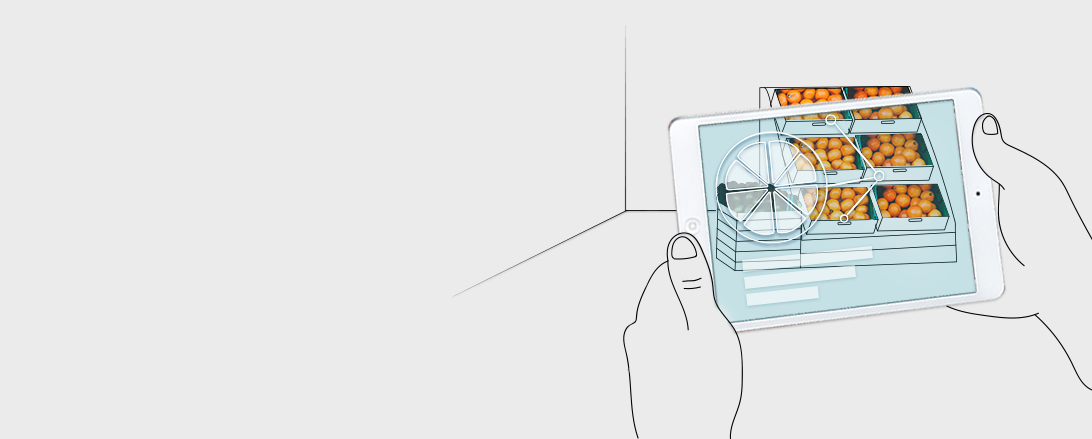Leverage our unparalleled data advantage to quickly and easily find hidden gems among 4.7M+ startups, scaleups. Access the world's most comprehensive innovation intelligence and stay ahead with AI-powered precision.
Emerging technologies brought plenty of changes to the Fast-Moving Consumer Goods (FMCG) sector reflecting the shift in consumers’ tastes and behaviors.
The FMCG industry is projected to make $721.8 billion in sales in 2020. To take a piece of this cake FMCG companies start to implement cutting-edge technologies such as blockchain, artificial intelligence, digital assistants, and robotics, aiming to enhance operations and improve customer experience and satisfaction.
Our research team has analyzed more than 3.500 startups in the FMCG sector to identify emerging technologies and innovation areas. In the following, we will share our insights into the most promising fields for this industry. Discover the future of FMCG!







